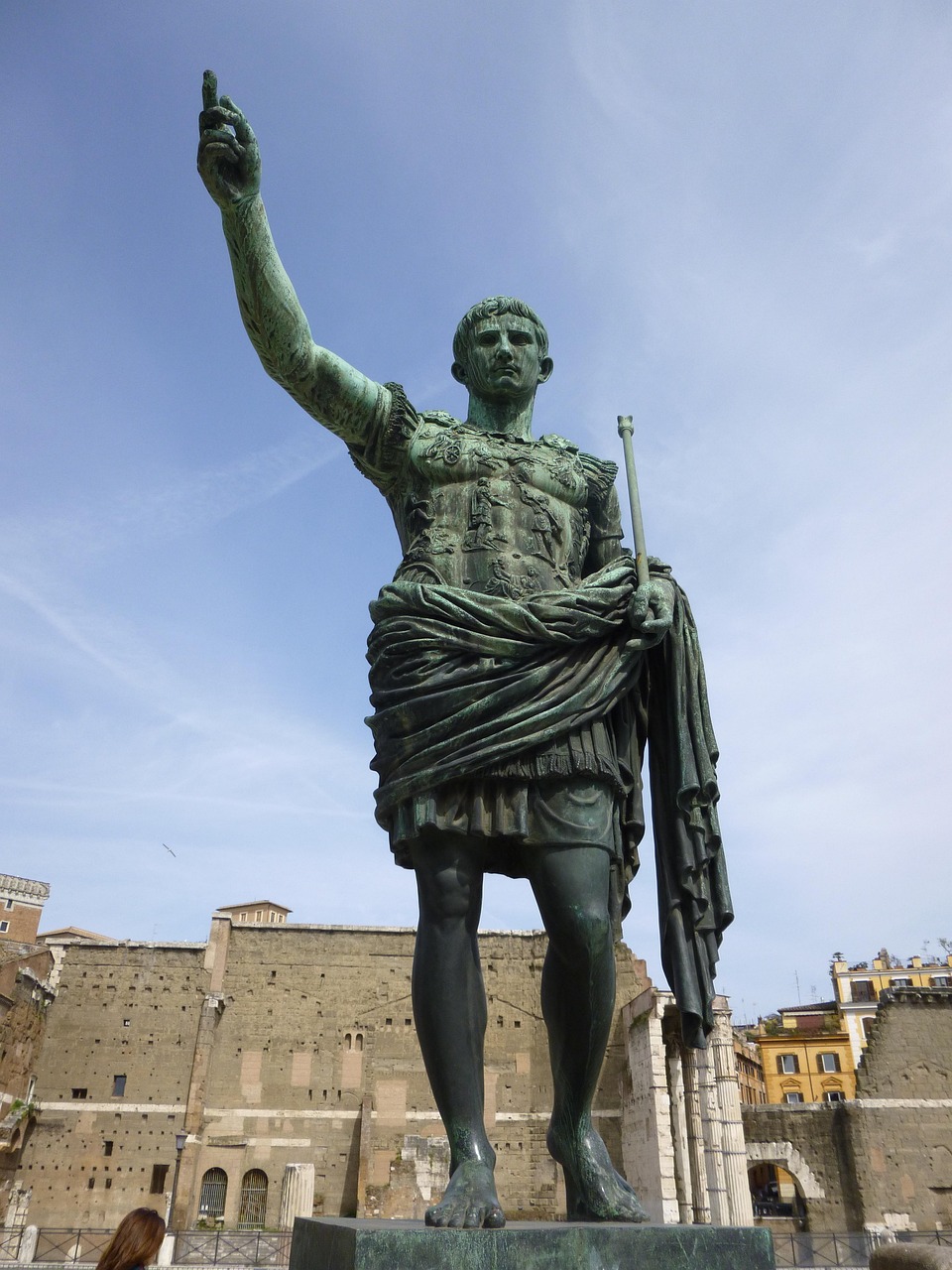Julius Caesar’s bloody end on the Ides of March isn’t just a story about betrayal and daggers. It’s a tale of political shortsightedness so profound that it makes you wonder if the conspirators ever stopped to think about what would actually happen next. Imagine believing you’re saving a nation, only to throw it straight into chaos. The murder of Caesar is more than a dramatic twist in history — it’s the kind of blunder that still shocks, frustrates, and fascinates people thousands of years later. Keep reading to find out why this infamous assassination turned out to be one of the worst political decisions ever made.
The Meteoric Rise of Julius Caesar

Julius Caesar didn’t just stumble into power; he climbed to the top with a mix of dazzling charm, military genius, and a nose for opportunity. He wasn’t born into a ruling dynasty, but he managed to win the love of Rome’s people by conquering Gaul and bringing back riches, glory, and respect. His victories made him a legend, and his reforms — like debt relief and land for veterans — made him the darling of the common people. By the time he returned to Rome, he had such a strong following that even seasoned politicians felt threatened. Caesar’s rise was so quick and complete that it left his rivals reeling, unsure of how to stop his momentum without risking everything.
Why the Senators Feared Caesar

The Senate was filled with men who cherished tradition and feared change, and Caesar represented both. His decision to declare himself “dictator for life” sent chills down their spines. To them, it looked like the end of the Republic — the cherished system where no single man held too much power. Many senators genuinely believed Caesar would crown himself king, something Romans despised. As Caesar’s popularity soared, the senators’ anxiety grew. They were desperate to protect their own influence, but their fear blinded them to what the people wanted. They chose to see Caesar as a tyrant, not as a leader who had brought order and hope to a city that had known too much chaos.
The Conspiracy Takes Shape

In hushed corners and candlelit rooms, a group of senators began plotting Caesar’s death. The key players were Brutus, Cassius, and a handful of others who saw themselves as patriots. They worried that Caesar’s power was growing too fast, and they convinced themselves that killing him was the only way to save Rome. They drew up their plans in secrecy, each man weighing the risks but clinging to the belief that the Republic must be saved at any cost. They failed to consider what would happen in the aftermath, focusing only on the act itself. This tunnel vision would prove to be their undoing.
The Ides of March: A Day of Blood and Betrayal

On March 15, 44 BC, Caesar walked into the Senate, ignoring warnings and omens that something terrible was about to happen. The conspirators gathered around him, and in a flurry of knives, they struck. The sight of Caesar, one of Rome’s greatest leaders, falling at the feet of a statue of Pompey was both shocking and tragic. His last words, “Et tu, Brute?” captured the heartbreak of betrayal by a friend. The violence was raw and public, leaving everyone in the Senate stunned. Instead of rallying support, the act left the city in shock and confusion.
Chaos in the Streets: Rome’s Immediate Response

Far from being celebrated as heroes, the assassins found themselves facing an angry and grieving public. The people of Rome had loved Caesar for his generosity and vision. They saw his murder not as liberation, but as a horrific crime. The city erupted into chaos. Riots broke out, and the conspirators quickly realized they had no plan for what would come next. Instead of restoring order, they unleashed pandemonium. The vacuum left by Caesar’s death was immediately felt, and nobody was prepared to fill it.
The Fatal Miscalculation of the Assassins

Perhaps the biggest mistake made by the conspirators was grossly underestimating Caesar’s popularity. They thought removing him would bring things back to “normal,” but they hadn’t counted on how deeply he was loved by both the army and the common people. They also failed to see how much Caesar had already changed the power structure. The old Republic was gone in spirit, even if not by law. By killing Caesar, the senators didn’t just remove a leader — they destroyed any chance of returning to the past. Their actions showed just how disconnected they were from the Rome outside their own walls.
Civil War: The Unintended Consequence

Instead of peace, Rome plunged straight into civil war. Caesar’s supporters, led by Mark Antony and later Octavian (Caesar’s grandnephew), rallied the crowds and soldiers. The city split into warring factions, each claiming to fight for Caesar’s legacy or the Republic’s future. The streets turned violent, and the once-mighty Senate quickly lost whatever authority it had left. The people wanted justice for Caesar, not a return to the Senate’s rule. In trying to save the Republic, the assassins destroyed it, opening the door for a new kind of ruler.
The Rise of Augustus: Caesar’s True Successor

Out of the chaos emerged a new power: Octavian, soon to be called Augustus. He was young, clever, and ready to seize the moment. By positioning himself as Caesar’s rightful heir, he gained the loyalty of Caesar’s supporters and the army. Through political cunning and military might, Augustus defeated his rivals and took control of Rome. Ironically, the same senators who killed Caesar to prevent a monarchy ended up paving the way for the first Roman Emperor. The Republic was truly dead, and the Empire was born with Augustus at its head.
Propaganda and the Shaping of History

Both sides quickly realized the power of storytelling. Caesar’s supporters painted him as a martyr, a victim of jealous and out-of-touch aristocrats. The assassins, on the other hand, claimed they were heroes, fighting for liberty and tradition. The battle for public opinion was fierce, with speeches, plays, and even coins used to sway the masses. In the end, the people believed what they saw and felt — a beloved leader had been butchered, and the men who did it had no answers for the future. This battle for narrative shaped how history would remember Caesar and his killers.
Lessons in Political Folly

The murder of Julius Caesar stands as a classic example of how not to solve a political problem. The plotters acted out of fear and pride, not wisdom or vision. They didn’t have a plan for what would come after, and they misunderstood the wants and needs of the people. Their actions ended up bringing about the very thing they tried to prevent: the end of the Republic and the rise of a new, absolute ruler. The lesson is clear — rash decisions made in anger and fear rarely lead to the outcomes we hope for.
The Ides of March: A Cautionary Tale

Every year, the Ides of March is remembered not just for its drama, but for its warning. It’s a story about power, loyalty, ambition, and the dangerous consequences of acting without thinking things through. The echoes of Caesar’s murder still ring in politics today, reminding leaders and citizens alike to look beyond the moment and consider the bigger picture. The senators thought they were saving Rome, but in their rush to act, they ended up destroying the very thing they loved.


